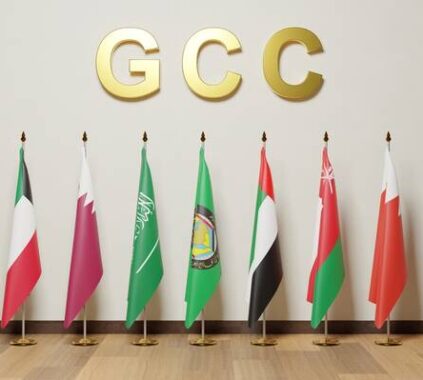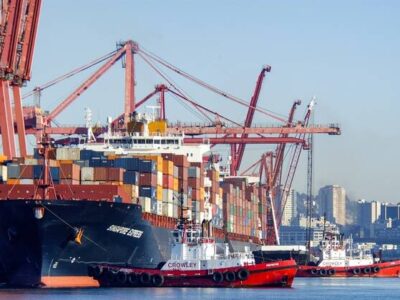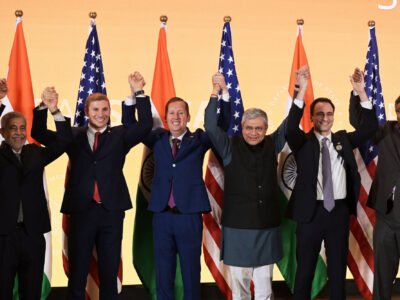China’s leaders have promised to put an end to aggressive price-cutting by companies, saying such practices are fueling excessive competition that is now weakening the economy instead of strengthening it.
The new campaign, described in China as part of the fight against “involution,” comes as the country struggles with overcapacity in many industries. Years of government-driven manufacturing expansion have left factories producing far more than the market can absorb. As a result, many companies slash prices to clear inventories or stimulate sales, sparking intense price wars. While this may benefit consumers in the short term, regulators warn it risks trapping the nation’s $19 trillion economy in a cycle of deflation.
The term “neijuan,” or involution, became popular in China around 2020. Young people used it to describe the exhausting and seemingly pointless race to succeed, where working harder doesn’t necessarily lead to better results. For example, students fighting for top universities often end up in tech jobs that demand extreme schedules like the notorious “996” work culture — working 9 a.m. to 9 p.m., six days a week only to face burnout and uncertainty in an era of high youth unemployment.
Although less common in English, involution comes from a Latin word meaning “to roll inward. The concept was first introduced in economics by anthropologist Clifford Geertz in the 1960s to describe situations where more effort and resources are invested, but productivity and rewards stagnate. Today in China, the word has become shorthand for the destructive cycle of hyper-competition across industries.
Also Read:
Delivering Excellence in the Property and Investment Landscape: Benjamin Hunter
Driving Excellence and Transformation in the Pharma Landscape: Radwan Shaker Al-Zalak



































